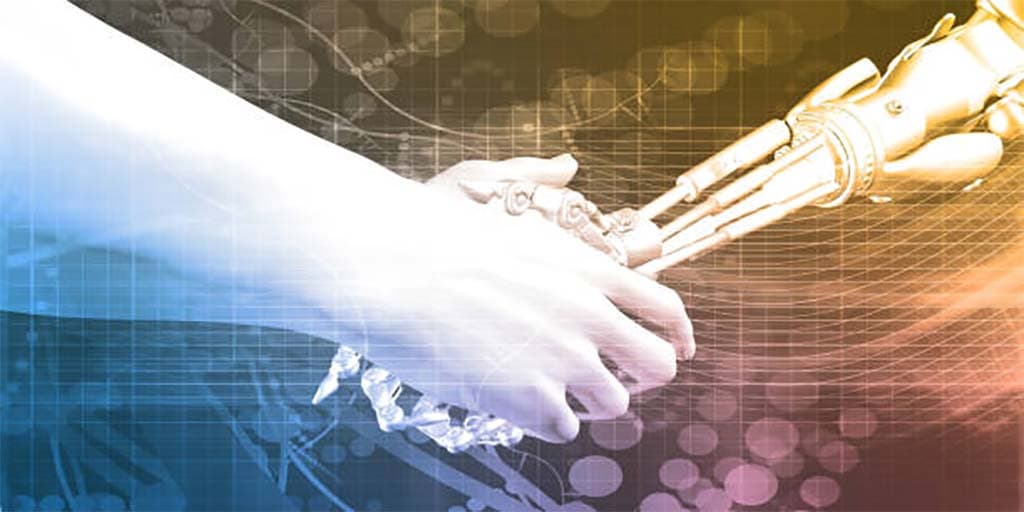The digital revolution ushered in by Artificial Intelligence (AI) is undeniably one of the most transformative forces in recent history. Every day, AI systems make strides in sectors as varied as healthcare, entertainment, finance, and beyond. Its capabilities range from predicting market trends with uncanny accuracy to assisting medical professionals in diagnosing diseases. As this technology moves from the realm of science fiction to our daily lives, it introduces novel challenges that current legal systems aren’t fully prepared to address. Balancing the meteoric rise of AI and ensuring that its application is both ethical and just requires a thorough understanding of the emergent legal terrain and the formulation of adaptive legal solutions.
Determining Accountability in AI Decisions
A central quandary in AI’s legal landscape is the matter of accountability. Traditional software operates based on explicit instructions written by developers. If an error occurs, there’s a direct line of causality back to a specific code or human error. AI, particularly machine learning models, is inherently different. These systems evolve, adapt, and ‘learn’ from vast data sets. When an AI-driven decision leads to a problem, the blame game isn’t straightforward. Should the developer who designed the model be held accountable? Or should it be the user who deployed the AI? Or perhaps the data providers who fed biased or incomplete data? This murkiness in attributing responsibility demands a renewed perspective on accountability in the era of AI.
Protecting Intellectual Property in the AI Realm
With AI’s ascendancy, intellectual property (IP) rights have entered uncharted waters. AI systems, especially those engaged in deep learning, often produce novel solutions, patterns, or even artistic works. These outputs challenge our conventional understanding of creativity and originality, cornerstones of IP laws. If an AI creates a piece of music or crafts a unique solution to a complex problem, who holds the rights to that creation? The developer of the AI? The owner of the software? Or is it an open-source contribution because the AI, a non-human entity, crafted it? These questions underscore the need to revisit and potentially overhaul the IP frameworks we currently have in place.
Privacy Concerns and Data Usage
Data is the lifeblood of AI. These systems, to function effectively, require vast troves of data for training and refining their algorithms. This reliance on data, while integral to AI’s efficacy, poses significant concerns about user privacy. Every click, swipe, and interaction online can be ingested by AI systems to improve their understanding and predictions. This raises pivotal questions. Are users adequately informed about how their data is being harvested and used? Are there adequate safeguards to prevent misuse? And as AI gets more adept at de-anonymizing data, how can privacy still be maintained? While data protection laws exist, the unique nature of AI’s data processing necessitates a deeper dive and more nuanced legal interventions.
Bias and Discrimination in AI Systems
Bias in AI systems has emerged as a pressing concern in recent years. While AI is often touted as a purely logical and objective entity, the reality is that these systems often mirror the biases present in their training data. For instance, if an AI system used in recruitment is trained on historical hiring data that favors a particular gender or ethnic group, it might inadvertently propagate that bias in its future recommendations. This could lead to grossly unfair hiring practices or even reinforce societal prejudices. Addressing this challenge isn’t just a technological imperative; it’s a legal and moral one. Legal frameworks need to be proactive in setting standards to ensure that AI systems are trained on diverse, representative data, and there are measures in place to identify and rectify biases when they arise.
Regulating Autonomous AI Systems
The age of autonomy powered by AI is no longer a distant dream. With self-driving cars on our roads and drones crisscrossing our skies, AI systems are making decisions in real-time with significant consequences. The key concern here is ensuring the safety and reliability of these autonomous systems. For instance, in the event of an accident involving a self-driving car, who is to be held liable? The manufacturer of the vehicle? The developers of the AI system? Or the passenger who chose to trust the AI? Beyond accountability, there’s the challenge of ensuring these systems interact safely with humans and their unpredictable behaviors. Regulatory bodies and legal experts must work closely with technologists to draft laws that ensure safety without stifling innovation.

International Considerations: Crafting a Global AI Legal Framework
The reach of AI transcends borders. An AI model developed in one part of the world can be deployed halfway across the globe within moments. This global nature of AI presents unique legal challenges. How do we ensure that an AI system developed under the regulations of one country adheres to the laws and norms of another when deployed there? This situation calls for international cooperation in crafting a comprehensive legal framework that respects sovereign laws while promoting global standards for AI development and deployment. Such a framework would also facilitate smoother international trade and collaborations, ensuring that AI serves as a bridge rather than a barrier in global relations.
Conclusion: The Road Ahead for AI and Legal Intersections
The intertwining of AI with our socio-economic fabric is a testament to its transformative power. Yet, with this transformation come challenges that probe the depths of our legal and ethical foundations. As we stand on the cusp of an AI-driven future, it is imperative that legal frameworks not only keep pace with technological advancements but also anticipate potential pitfalls. Only with foresight, collaboration, and an unwavering commitment to justice and ethics can we ensure that AI, in its march forward, carries along the values we hold dear.